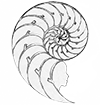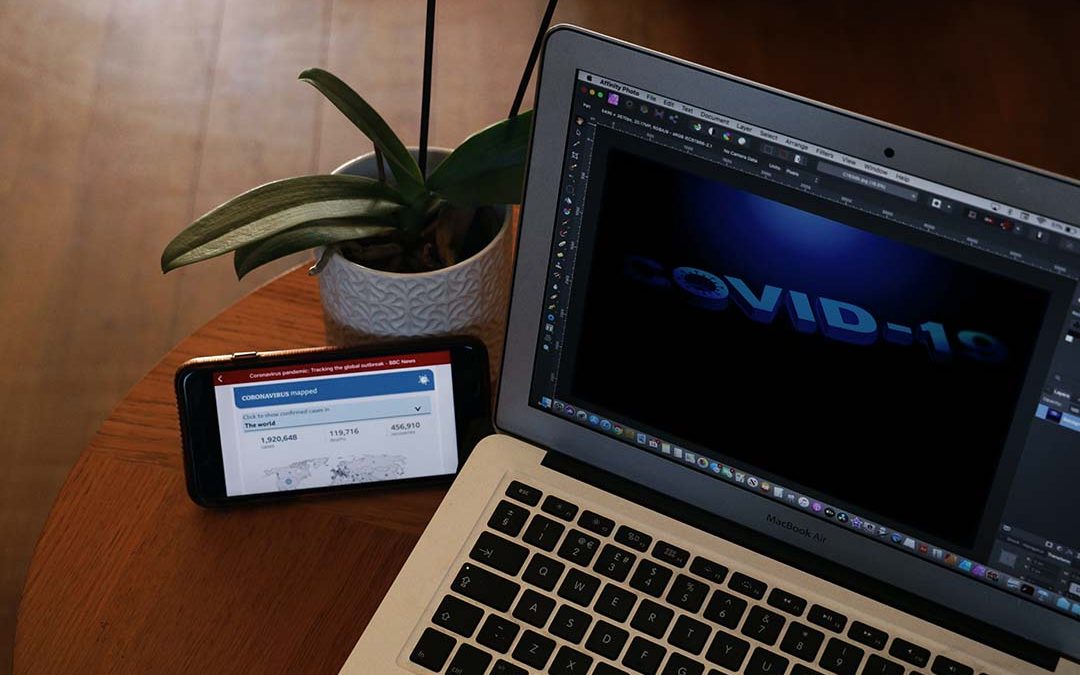Greetings from my corner of the pandemic.
It’s been about seven weeks since I last saw clients in person in my office. It seems both an eternity and an instant. As a therapist known for using touch to work with developmental trauma, some people thought sessions would be on hold for the foreseeable future. Turns out, we can do really excellent somatic work from afar. People have been asking me how it works.
It wasn’t clear at first how people would respond to an online format, but our work is often about exploration. The first days were a bit of a learning curve between technology challenges and adapting my experience for this format. Now that I’m almost two months in, here’s what I’ve learned about somatic therapy online.
Though it may have seemed so, it was never about touch alone. My twelve years of experience with Somatic Experiencing and even longer as a therapist all come to bear, whether we are in the same room or online. We’re doing interpersonal neurobiology, emotion regulation, parts work, identifying feelings and needs and more. All of these things are woven together with a somatic context.
So how does that work online?
- We include the body in the experience. Always. Whether you are sharing stories about shelter-in-place challenges or concerns about the future, we slow down enough to listen to the body’s response and attend to it.
- We support downregulation. Through guided support from me, we work on giving your body a chance to come out of its stress response. It appreciates the break and gives you a reset. Someone told me it’s like getting back some wind in their sails.
- We invite your body to let go of managing the stress. All day long your faithful system is doing it’s best to protect you from the stress. With my support we explore allowing the feelings to surface. If it’s not too much, you can learn to identify signs your body is blocking the experience and practice giving the process permission to happen. Usually an uncomfortable sensation or emotion will come up, last for a short time and then pass. As long as we don’t do too much at once, the body learns it won’t be overwhelmed.
- Education. Management strategies, activation, regulation – we want to arm the left brain with context, explanation and tools that it can use to support you when stress increases. We come up with plans and skills to help with settling and getting through intense periods.
- Relationship. For healing developmental trauma, relationship is the most important thing. My calm presence translates well to video and phone. We work to help your system sense: someone is here, I don’t have to do it alone; we can face this together.
Sessions are different now because the world is upside down.
This time needs to be acknowledged and addressed as the global trauma in progress that it is. That means the focus of sessions tends to be on the present, rather than doing much digging into past experiences. It’s helpful to support calm and increase capacity for dealing with this new reality and all of the unknowns. The early trauma nervous system response is baked into every experience we have. So we’re always working on early trauma even if it’s not named.
A wise person somewhere in cyberspace noted that while “we’re all in this storm together,” our personal experiences of the storm might be more like a sprinkle, steady rain, or the roof being torn off. This storm can also change directions very quickly; it’s unpredictable and unknowable. No one has ever experienced a storm quite like this before. Our nervous systems will want to brace for the worst, carry on as normal or burrow in and hide – maybe all at once.
What I’m hearing from others…might be similar to your experience.
“I’m fine one minute and the next minute I’m completely overwhelmed.”
“I actually really love having to slow down. No commuting, picking up kids, driving to activities – it’s a lot less hectic.”
“I just want things to go back to normal.”
“I’m proud of myself because I ___________.” Fill in any of the following: put on real clothes, showered, washed my hair, didn’t yell at the kids, didn’t “day drink”, exercised.
“I’m kind of zoomed out.”
“There’s so much unknown…”
I am here during this crisis and beyond.
My creativity is surfacing and I’ve started to write and create videos with tools and support.
You can also take advantage of all of the free videos and tools on my Learning Forum portal.
If you want to resume sessions or schedule a check in, just email me and we’ll find a time that works.
I plan to keep online sessions as part of my practice long-term. That means if you’ve moved out of the area or think a friend could benefit from the work I do, as long as they are in California, I can help.
I’m not going anywhere. I’m in this with you through the long haul.
Thinking of you during this time,



